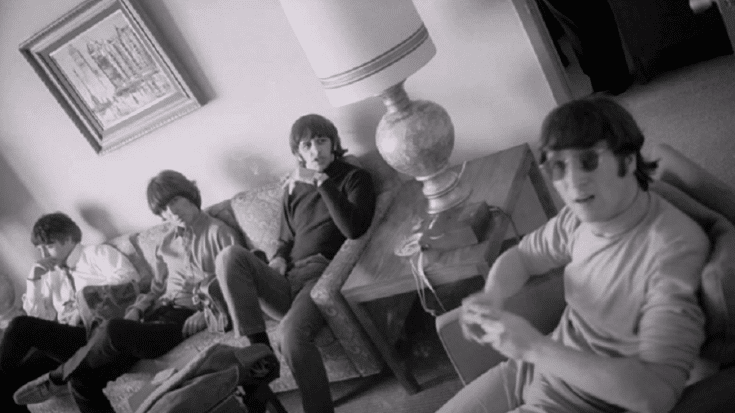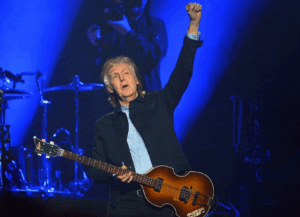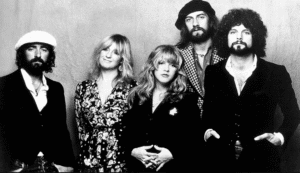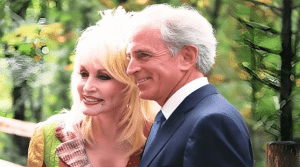What Each Beatle Earned in 1966 Compared To Today’s Dollars

via Elena the Beatles photos/YouTube
The Beatles‘ financial legacy continues to thrive as though the band never disbanded over 50 years ago, with their production company, Apple Corps Limited, reporting a staggering $65 million turnover in 2019. This remarkable figure underscores the enduring global appeal of the Fab Four’s music and brand.
According to the Daily Mirror, surviving members Paul McCartney and Ringo Starr, alongside Yoko Ono (John Lennon’s widow) and Olivia Harrison (George Harrison’s widow), each received approximately $8 million. This sum comprised $1.8 million in dividends and an additional $6.2 million for “promotion services, name, and image rights.”
A significant portion of these earnings reportedly stems from the Las Vegas spectacle, Love, a collaboration with Cirque du Soleil. Debuting in 2006, Love seamlessly blends The Beatles’ iconic music with Cirque du Soleil’s innovative theatricality, exclusively captivating audiences in Las Vegas.
The project’s origins trace back to discussions between George Harrison and Guy Laliberté, a co-founder of Cirque du Soleil, in 2000. Love has proven to be a commercial triumph, significantly boosting Apple Corps’ financial fortunes over the years.
Reflecting on the band’s historic financial achievements, RAVE magazine in December 1966 estimated each Beatle’s earnings at that time, translating them into today’s dollars for comparison:
– Ringo Starr earned $2,027,000 in 1966 (equivalent to $15,104,000 in 2016).
– George Harrison earned $2,050,000 in 1966 (equivalent to $15,275,000 in 2016).
– John Lennon earned $3,334,000 in 1966 (equivalent to $24,843,000 in 2016), with an estate valued at $500 million in 1980.
– Paul McCartney also earned $3,334,000 in 1966 (equivalent to $24,843,000 in 2016), and as of 2016, his net worth was estimated between $1.1 billion and $1.2 billion.
These figures highlight The Fab Four’s enduring and remarkable financial acumen, earning their status as legends in both music and business spheres decades after their heyday.



















